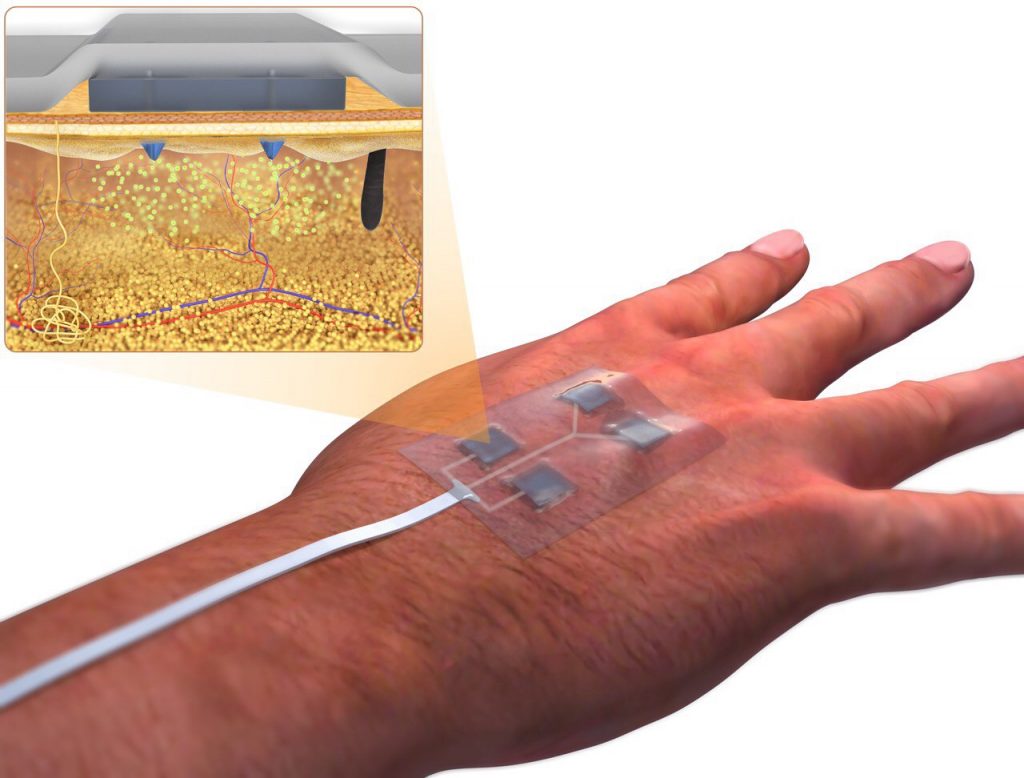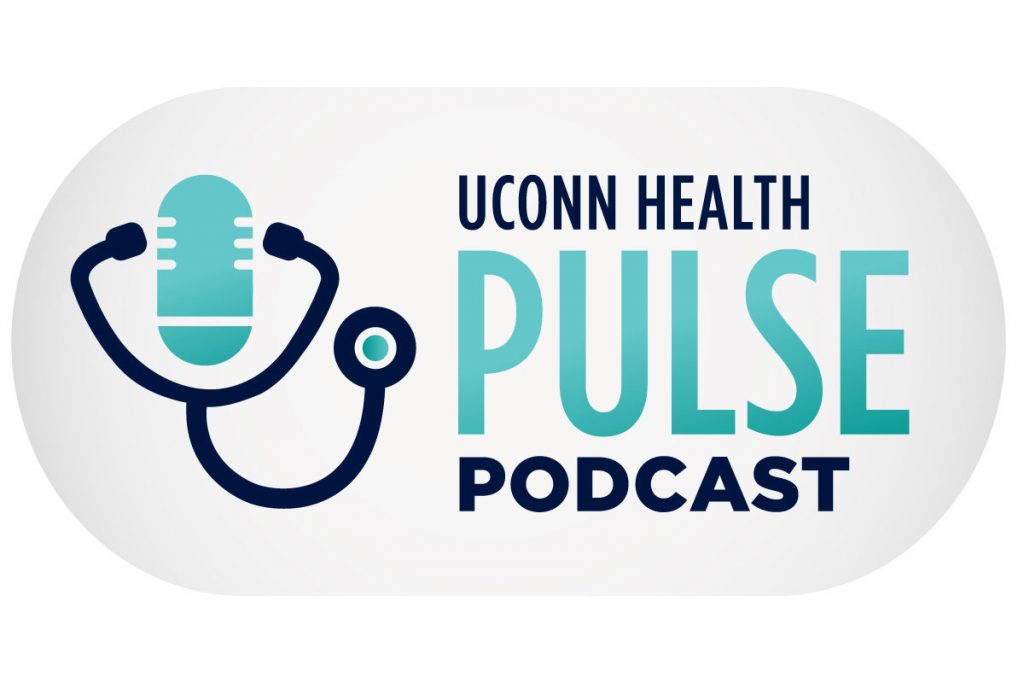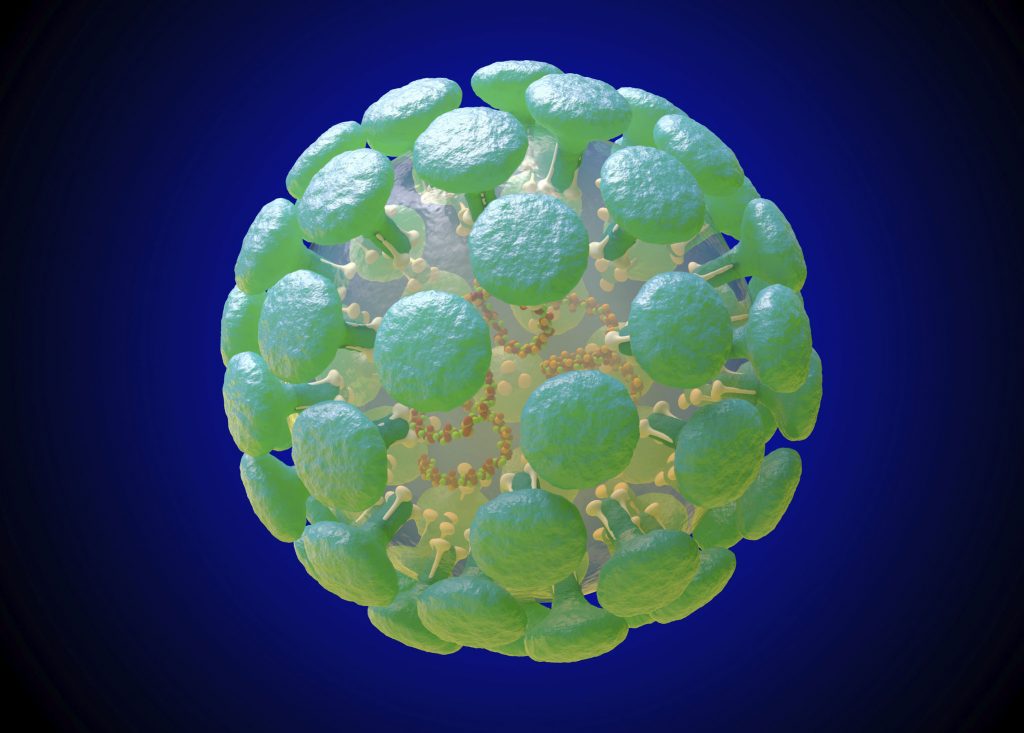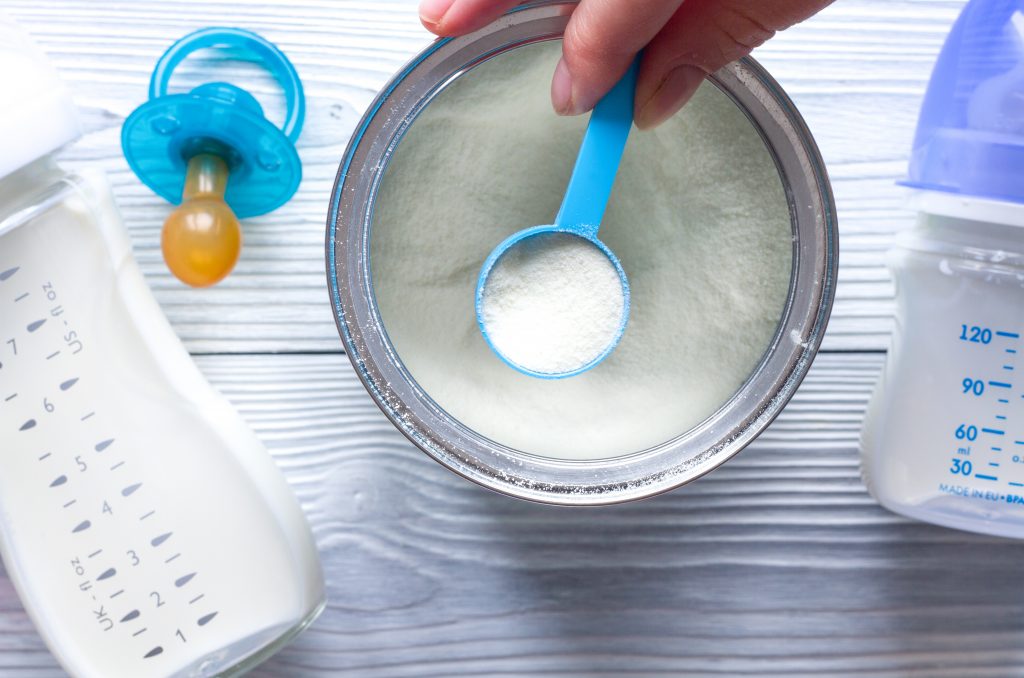Health & Well-Being
UConn Supporting Students’ Mental Health with New Initiatives, Expanded Services
As students’ mental health has become a critical discussion topic at colleges and universities nationwide, UConn is reviewing and enhancing services across its campuses to best meet the needs of its diverse student body.
February 26, 2020 | Stephanie Reitz
From Diaspora to Health Care Delivery: Exhibit Highlights Work of Filipino Nurses
“Your cap is a passport,” the nurses were told, as they were recruited from their home in the Philippines to work at hospitals in the United States and around the world – a reference to the starched dresses and caps worn by nurses that have since fallen out of fashion as well as the recognition […]
February 25, 2020 | Jaclyn Severance
UConn Health Geneticist Helps Solve Diagnostic Odyssey
Knowing your child is different can be difficult for any parent but not knowing why can make it even harder. The Spear family spent nearly six years searching for a diagnosis for their daughter Miriam.
February 24, 2020 | Carolyn Pennington
Op-ed: Dietary Supplements Can Carry Hidden Risks
Popular dietary supplements may contain everything from experimental drugs to heavy metals, with consumers left in the dark, a UConn expert says.
February 20, 2020 | C. Michael White, UConn School of Pharmacy
UConn Biomedical Engineer Creates “Smart” Bandages to Heal Chronic Wounds
A new "smart bandage" developed at UConn could help improve clinical care for people with chronic wounds.
February 13, 2020 | Courtney Chandler
Tackling the Opioid Crisis with a Warmer Touch
UConn is partnering with Waterbury police and health officials on an innovative new program to help people recover from addiction.
February 10, 2020 | Jessica McBride, PhD
Healthy Listening: UConn Health Launches Podcast
The “UConn Health Pulse Podcast” will be a periodic interview program showcasing UConn Health’s people, their work, and their contributions to health care.
February 6, 2020 | Combined Reports
Q&A: Coronavirus and Seasonal Flu
UConn pathobiologist Steven Szczepanek answers questions about the novel Coronavirus and the seasonal flu.
February 6, 2020 | Elaina Hancock
Added Sugars in Toddler Milks and Claims About Unproven Benefits for Young Children Concern Experts
Experts at UConn's Rudd Center are concerned about the rapid growth in sales of "toddler milk" products that include added sugar.
February 4, 2020 | Kristin Messina, UConn Rudd Center
Medicaid Expansion Reduces Cancer, Saves Black Lives
UConn and UNC researchers say expanding Medicaid would reduce the burden of colon cancer and save lives, especially among black men.
January 30, 2020 | Kim Krieger









